
Three Tips for Collecting a Wealth of Humorous Material
Comedians Jerry Seinfeld and Michael Jr. may never suffer from comedic block, but those of us less endowed with…
May 23, 2016
Comedians Jerry Seinfeld and Michael Jr. may never suffer from comedic block, but those of us less endowed with…
May 23, 2016Ever wonder what to do with all the research you’ve accumulated from your many writing projects? Do you ever…
May 22, 2016
When editors are asked to name their pet peeves, misuse of apostrophes ranks at or near the top of…
May 17, 2016
Last month, I overheard a conversation about dangling modifiers. Lots of laughter. Lots of confusion. Lots of questions. “What’s…
May 9, 2016
I’m excited to welcome each of you to the Writerly Cafe at Almost An Author. Here, you’ll find a…
May 4, 2016
Now that you’ve mastered the basics of plurals (see 2 + 2 Doesn’t Always = 4), let’s look at…
April 26, 2016
One word can make all the difference between funny or ho-hum. For instance, let me introduce you to four…
April 24, 2016
The title of this post sounds ridiculous I know. I’m sure this article will get flagged by the A3…
April 21, 2016
Lots of time we hear verbal patterns that may be acceptable (to some people) in speech, but they are…
April 17, 2016
Practice makes perfect. I believed this mantra for years until a music teacher changed my mind. “Perfect practice makes…
April 15, 2016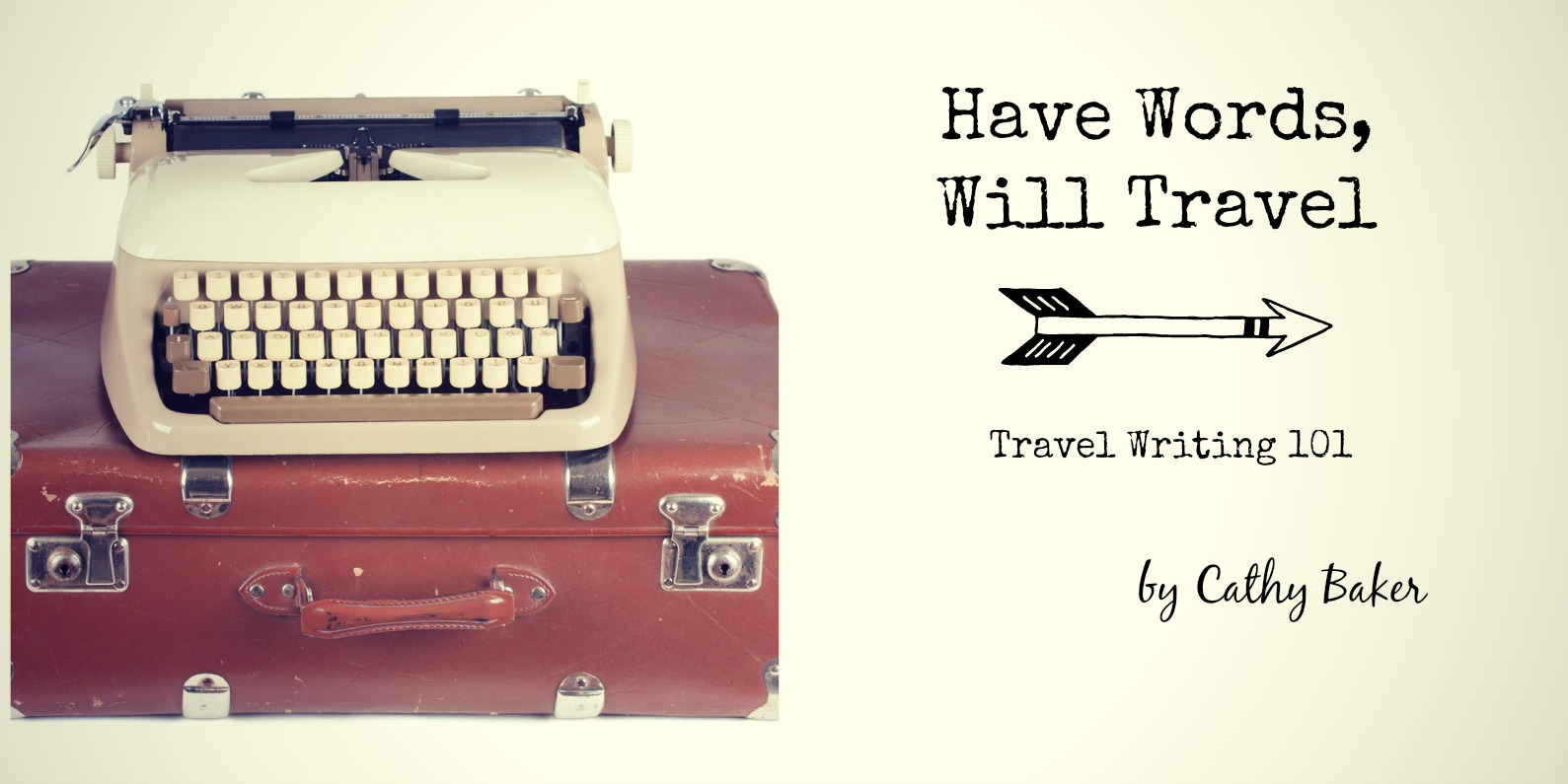
“My last point about getting started as a writer: do something first, good or bad, successful or not, and…
April 4, 2016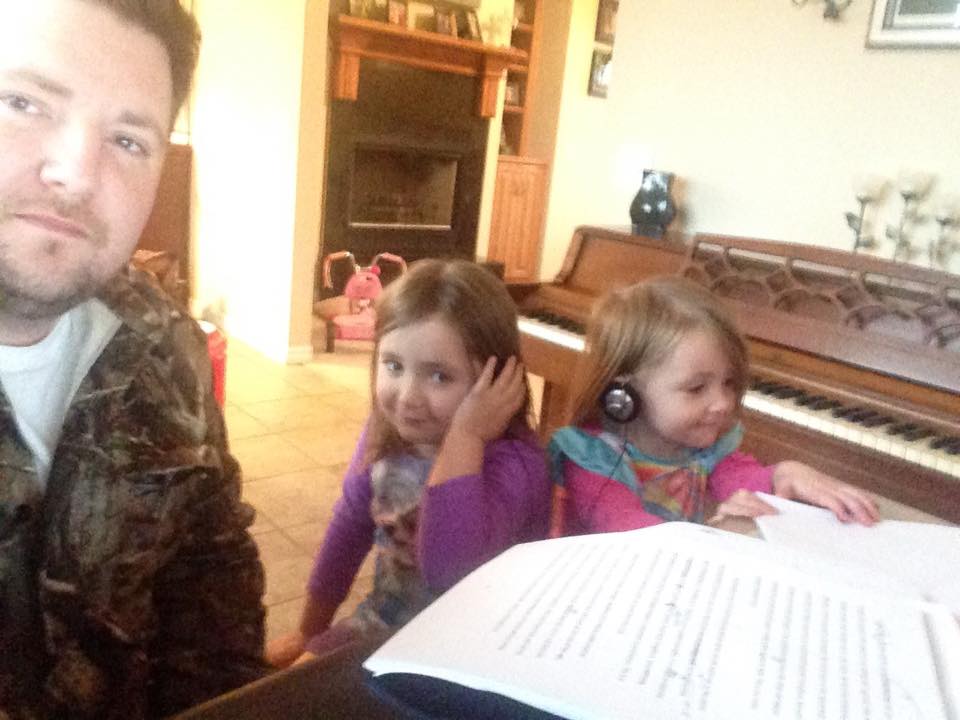
Like me you are probably trying to build a support team for your writing — a reading group, a…
March 26, 2016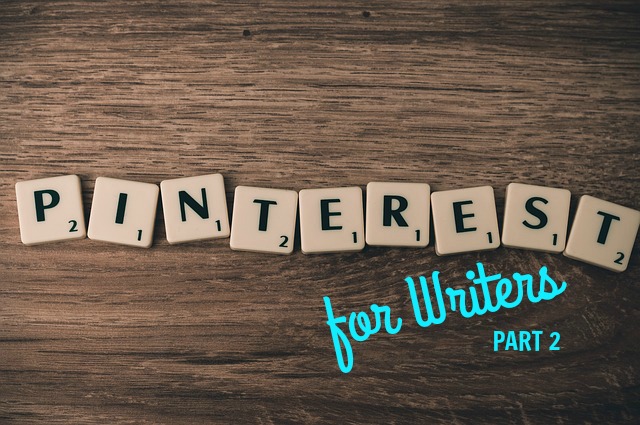
Pinterest for Writers: Part 2 When I teach computer classes for Christian writers and speakers, many attendees are surprised…
March 19, 2016
We’re continuing to examine words that are used incorrectly. Enthused/Enthusiastic—Although enthused has become acceptable in standard usage, old school…
March 12, 2016
For most writers, our passion to write was birthed from a passion to read. We grew up immersed in…
March 10, 2016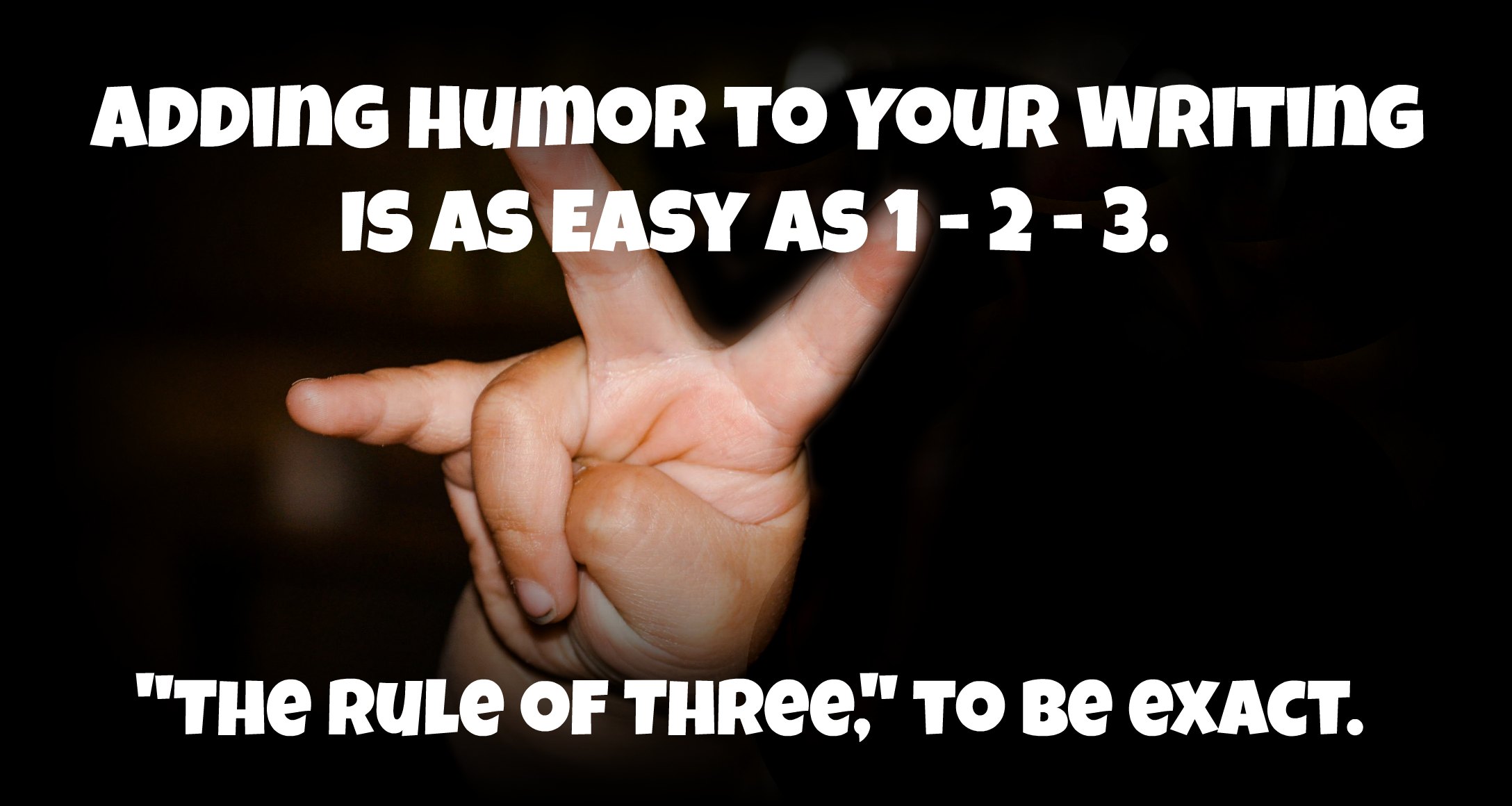
Adding humor to any type of writing is as easy as 1 – 2 – 3. Not 1 –…
March 8, 2016
One of the occupational hazards of the writing-editing life is back and/or neck pain as a result of poor…
February 27, 2016
For the past couple of posts, we’ve been focusing on confusing word pairs. Today will continue with a few…
February 22, 2016
We writers are an odd lot. We’re driven to write, spending time composing poetry, writing books, researching articles. We…
February 11, 2016
We’ll take a break from adding more confusing words to our list this time and focus only on…
February 9, 2016
I work like a mad scientist. When I am working on a writing project I am all in —…
February 8, 2016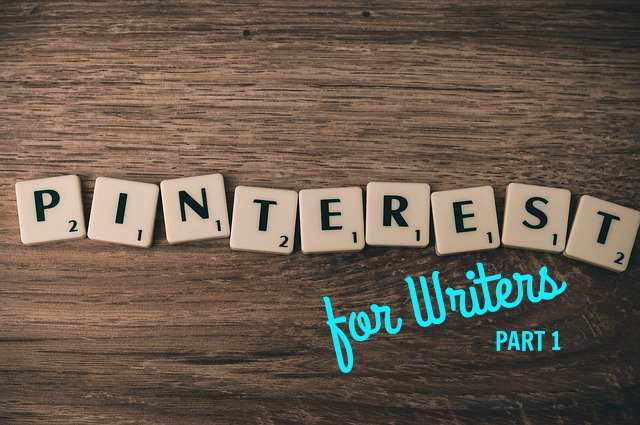
Pinterest for Writers – Part 1 If you’ve heard about Pinterest and think it’s only for women or crafters,…
February 6, 2016
One of these things is not like the other. One of these things just doesn’t belong . . .…
February 2, 2016
Christian nonfiction writers receive all the credit for being the biblical and spiritual teachers. If we want to learn…
January 20, 2016
More is caught than taught. This truism haunted me as I raised three impressionable children. Now it inspires me as…
January 19, 2016